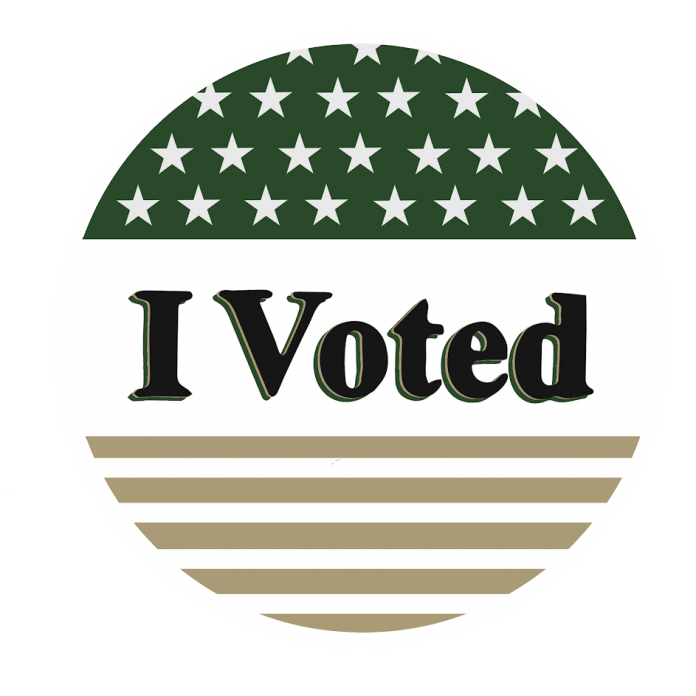At our Sept. 1 meeting, the Student Assembly Senate passed the “No Class on Election Day Resolution” sponsored by Sen. Patrick Salsburg ‘21 and myself, in which SA called for the College of William and Mary to cancel all classes and move all assignments due on Election Day, Nov. 3, this year and in all future years.
We did so with one primary objective in mind: that academics should never be a reason that any student or staff member is unable to exercise their right to vote.
However, as we all know, this semester is unlike any other we’ve faced before. Though some argued that we should wait to pass the resolution, as we are operating under a shortened semester and cancelling a full day of class could add stress to an already tight schedule, the unique semester we find ourselves in only strengthened our urgency to pass the resolution this year.
We are facing extraordinary circumstances such as the need for young people to serve as poll workers in the midst of the COVID-19 pandemic, which disproportionately affects the elderly, who comprise much of the local poll working staff, as well as undermined confidence in the efficiency of the United States Postal Service. It was in part due to these circumstances that we decided to pass the resolution immediately.
After a month with little to no development on the part of the administration, our partners in SA’s Department of Academic Affairs drafted a letter to College Provost Peggy Agouris with an updated demand: the asynchronous delivery of classes on Election Day this year, with the encouragement of making Election Day a school holiday in future years.
The asynchronous delivery option allows a solid middle ground for the primary objectives of the resolution to be executed, without adding unnecessary stress to students and professors’ schedules. Now, professors can choose to assign work without a set class meeting time, allowing students to get to the polls on Nov. 3 with a less busy schedule, and also not fall behind in their courses.
SA’s letter was well received by both the provost and College President Katherine Rowe. Agouris has passed along our letter to the Faculty Assembly and the deans of both the undergraduate and graduate schools. Though many of the deans have been extremely receptive to the objectives of our letter, the decision to either cancel or make class asynchronous is largely being left in the hands of individual professors.
Over the course of the next week, your professor may ask your class for their thoughts on the idea of making class asynchronous Tuesday, Nov. 3. If they do so, we in SA strongly encourage you to support this. Though you may have already voted, either by mail ballot or early in-person at the Williamsburg Registrar’s Office, this is not the case for many students.
For some, due to course load and class delivery type, their other professors may have already decided not to deliver class asynchronously. For those students, that one class might mean their entire day is dedicated to work and could make the difference in whether or not they exercise their right to vote in what is arguably the most important election of our lifetime.
As we stated in our letter to the administration, the College, with its unique history of educating the founders of our country’s democracy who established the right to vote, has an unparalleled responsibility to uphold the importance of these practices. In recent decades, students at the College have been at the forefront of the efforts to expand voting rights to college students throughout the state, and we cannot stop now.
We in SA are not content until 100 percent of students are voting in elections. Not holding classes on Election Day will encourage more students to vote. We must, at a minimum, ensure that a busy academic schedule is not an obstacle to voting. Even if these efforts help just one more student cast a vote next week, it will have been worth it.
For that reason, we implore you as fellow students to speak up during class time or communicate with your professor to ask that if at all possible, class is delivered asynchronously Tuesday, Nov. 3.
Email Owen Williams at

